
Sociology at ASU
About
Sociology has been taught in a range of programs, departments, and schools throughout the history of the University.
Martin Luther King Jr. "Religious Witness for Human Dignity" presented at Goodwin Stadium, Arizona State University on June 3, 1964.
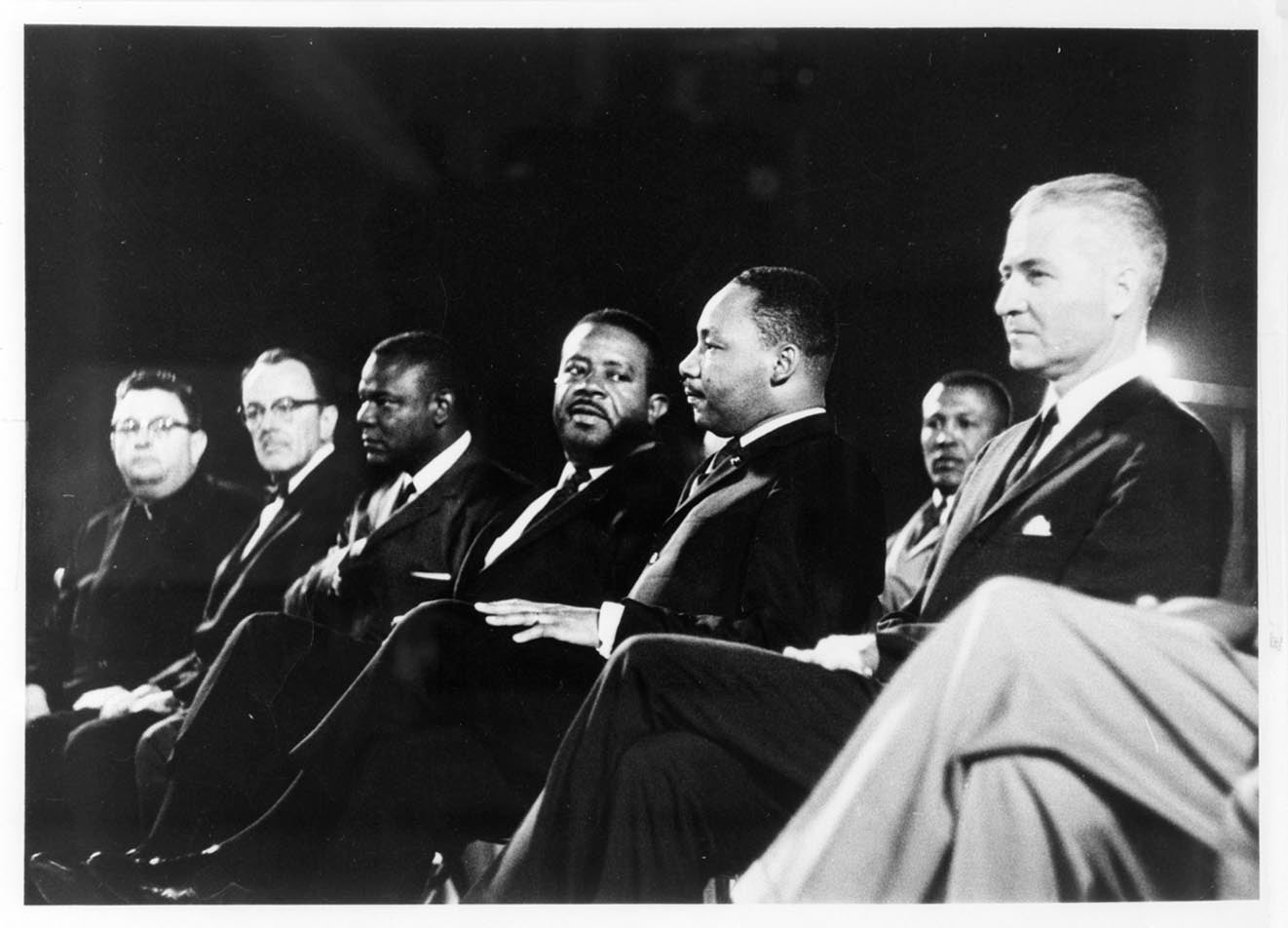
ASU Sociologists serve in disciplinary and interdisciplinary leadership positions nationally and globally.
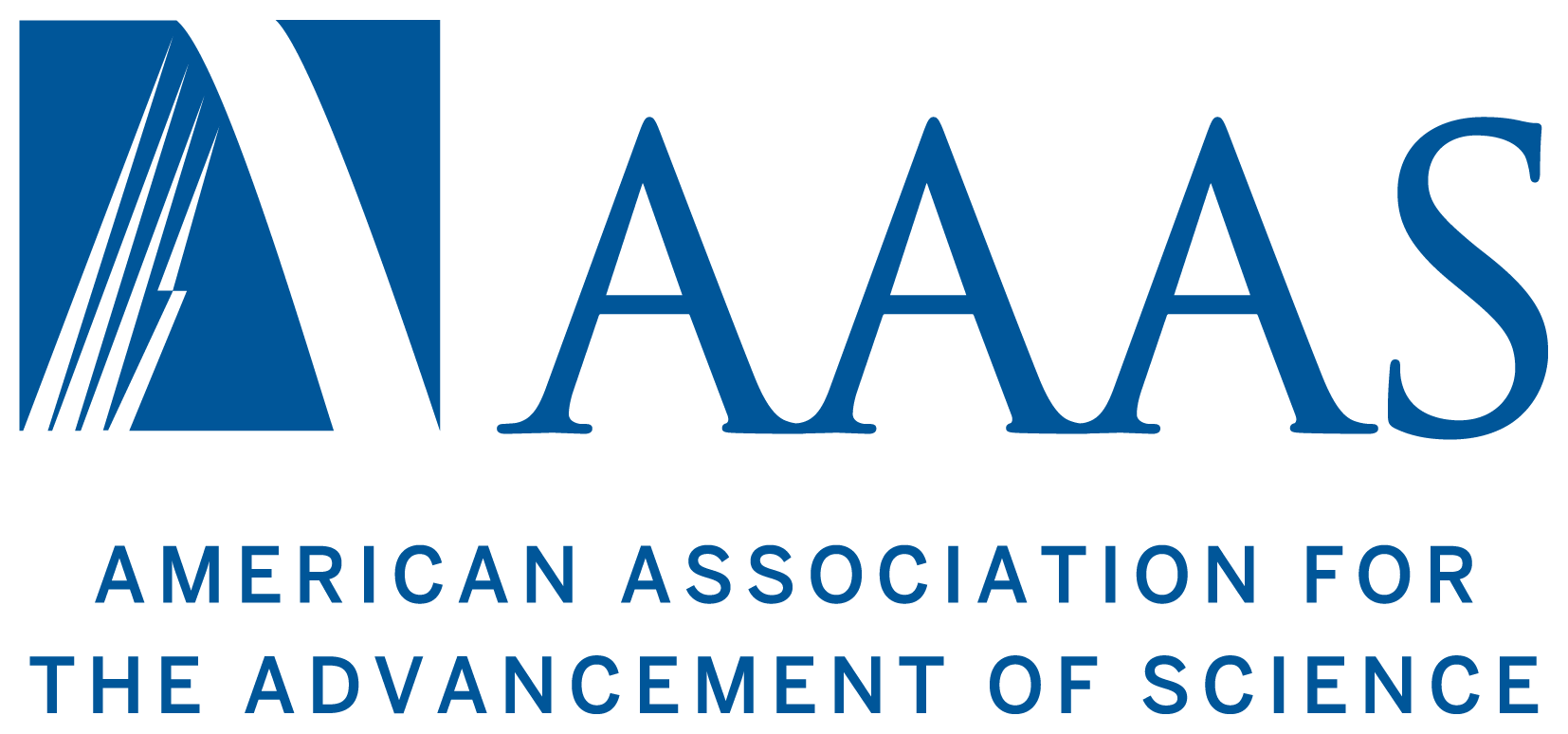


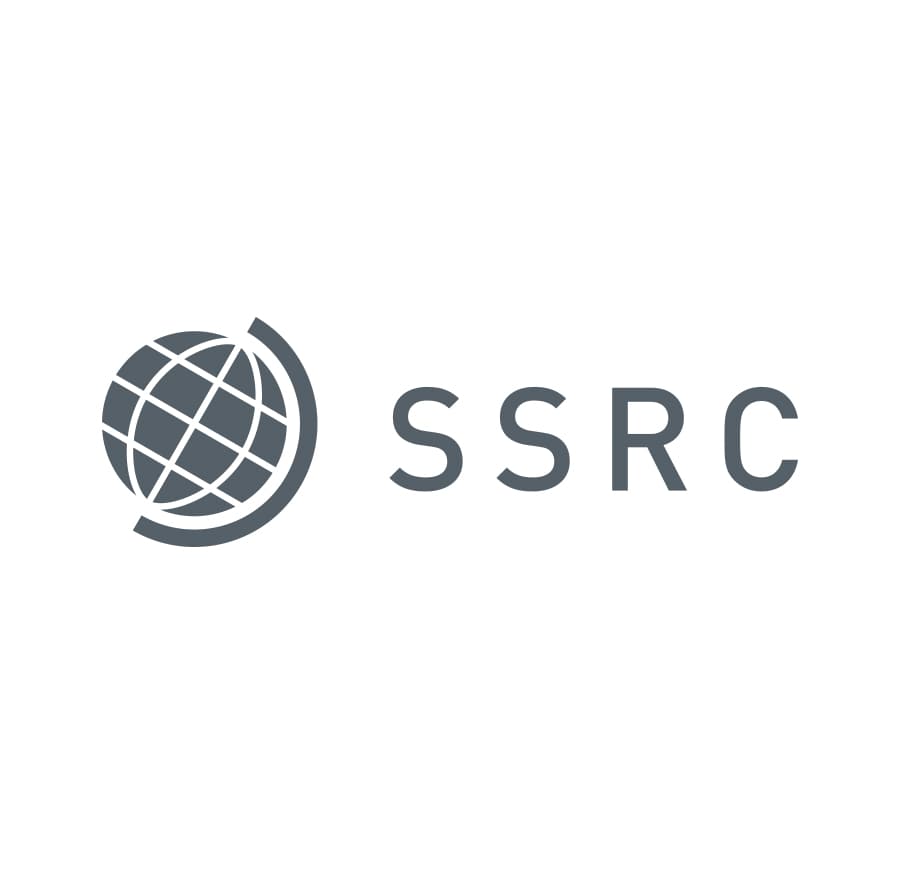
Mary Romero’s 2019 Presidential Address
"Sociology: Engaging with Social Justice"
ASU faculty are prominent in American Sociology Association, serving on its council or as chair of various sections and committees.
Monica McDermott currently serves as Secretary-Treasurer. Mary Romero is a Past-President. Craig Calhoun has served on its Council.
ASU faculty have been selected as fellows to national academies and learned societies
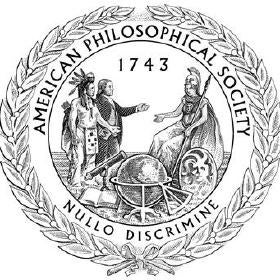


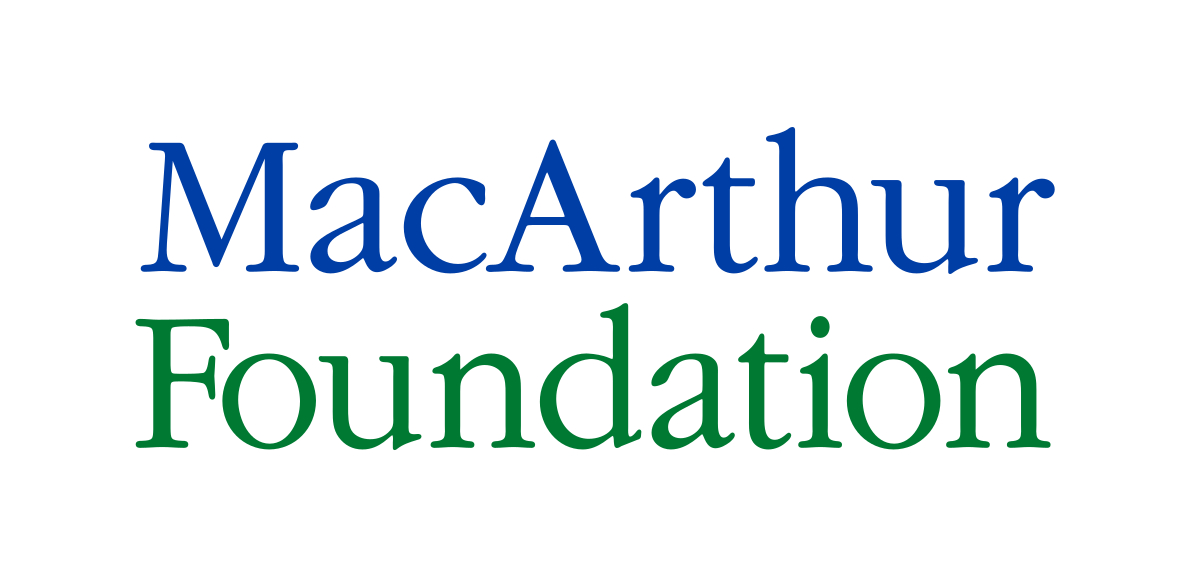


ASU alumni have gone on to become leaders in academia and public engagement.
Matt Desmond (’02) is Maurice P. During Professor of Sociology at Princeton University, a MacArthur Fellow, and winner of the Pulitzer Prize for won the Pulitzer Prize for “Evicted: Poverty and Profit in the America City.”
Jeremy Brunson (’00, ’03) is executive director of equity, diversity, and inclusion at Gallaudet University in Washington, D.C. and a former Fulbright Fellow who worked with local partners to improve disability access in Mongolia.
With over 50 faculty, 12 interdisciplinary schools, 2 MacArthur Fellows, distinguished alumni, and in-person, online, and innovative degree programs at all levels, ASU sociology is thriving.
Frequently Asked Questions
ASU offers a range of degrees in sociology, including bachelor's, master's, and doctoral programs, as well as minor and certificate options for those interested in a focused study within other disciplines.
There are a variety of scholarships and financial aid opportunities available for students studying sociology at ASU. You can find more detailed information by visiting ASU’s Financial Aid and Scholarships page. Schools and departments that offer sociology and related degrees—such as The Sanford School and the School of Social Transformation—also offer a variety of scholarship opportunities.
ASU offers on-campus and off-campus part-time job opportunities through its Student Employment site for students who wish to work while pursuing their education. These range from research assistantships to administrative roles.
Sociology graduates from ASU find a broad spectrum of career paths open to them. These include roles in social work, counseling, research, policy analysis, human resources, marketing, and many more areas that value the skill set developed through sociological studies.
ASU sociologists pursue a diverse range of specialties, including but not limited to social inequality, cultural sociology, urban sociology, sociology of health, and environmental sociology. See our research page for recent publications and current research that gives a sense of the breadth and depth of what ASU sociologists study.
Research is experiential education and a complement to classroom experience at ASU. As an undergraduate, you can work with faculty, graduate students and other undergraduates to transform your knowledge into actual practice and gain valuable mentoring from faculty. Research experiences for undergraduate students can be found through school and department undergraduate research webpage. Here are a few examples of what you will find: The Sanford School, School of Social Transformation, School of Social and Behavioral Sciences, The Watts College, Public Service Connect, and UResearch. There are even research experiences for online students.